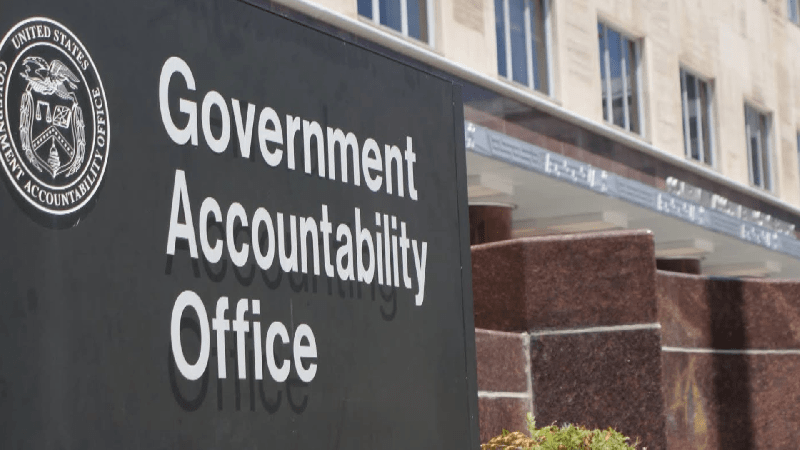
The Office of Personnel Management (OPM) has made some progress over the past year in reducing the number of priority recommendations it has received from the Government Accountability Office (GAO).
In its latest compilation of priority recommendations sent to OPM and covered in a report issued publicly on May 23, GAO identified a total of 40 recommendations that address issues including increasing availability and transparency of government data, improving government performance, and strengthening cybersecurity.
GAO said that fully implementing these open recommendations could significantly improve both OPM’s operations and its efforts to assist Federal agencies in addressing human capital management issues.
“OMB’s continued attention to these issues could yield significant cost savings and other improvements in government operations,” the report states.
In it previous priority recommendations report back in July 2022, GAO identified 44 priority recommendations for OPM.
GAO since removed six recommendations from priority status related to improving Federal data transparency because of OMB efforts to issue additional guidance, provide technical assistance, and clarify governance over the reporting of Federal spending data.
GAO also found since then that OMB implemented one recommendation by issuing a Controller Alert in October 2022 that helped clarify the distinction between Fraud Reduction and Data Analytics Act of 2015 requirements and Enterprise Risk Management to ensure fraud risks are appropriately managed.
GAO’s current list of open recommendations falls into nine areas:
Developing a Federal program inventory: Implementing 11 priority recommendations would help OMB plan for and create a Federal program inventory that provides complete, comparable, and useful information, and better integrate related statutory requirements.
Improving government performance: Implementing six priority recommendations would help OMB better meet the information needs of various decision makers including in areas of tax expenditures, strengthening monitoring and evaluation practices for foreign assistance programs, and developing goals to support child well-being and employment for people with disabilities.
Increasing availability and transparency of government data: Implementing two priority recommendations regarding the availability and transparency of Federal government data will require OMB to issue required implementation guidance to agencies on making data open by default and on developing and maintaining comprehensive data inventories.
Improving acquisition management and reducing costs: Implementing nine priority recommendations related to Federal acquisitions would help agencies improve the way they procure, track, and manage the goods and services the Federal government buys each year.
Reducing government-wide improper payments: Implementing two priority recommendations can help OMB further address improper payments including developing and implementing monitoring mechanisms to evaluate agency use of the Do Not Pay working system and incorporating appropriate measures to ensure that single audit guidance is issued in a timely manner.
Strengthening cybersecurity: Six priority recommendations are aimed at strengthening cybersecurity, including requiring OMB to coordinate with the Department of Homeland Security and the National Cyber Director on a government-wide cybersecurity workforce plan.
Establishing controls for disaster relief: Implementing two priority recommendations can help OMB strengthen oversight over disaster relief funding and help ensure agencies are using these funds appropriately.
Improving Federal real property asset management: Implementing this recommendation would help Federal government manage its real property assets – such as buildings, warehouses, roads, and dams – more efficiently and cost effectively.
Improving information management: Implementing this recommendation would establish a framework for OMB to update its policies and procedures on electronic recordkeeping systems, that would help improve the transparency, efficiency, and accountability of Federal agency records.
